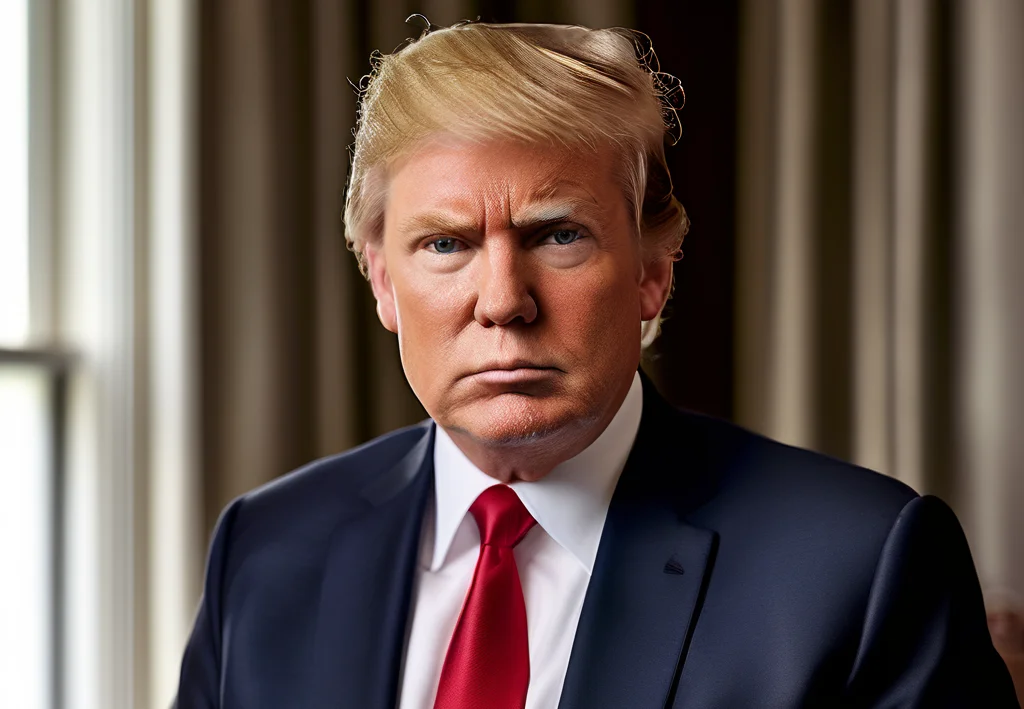In recent weeks, the U.S. Secret Service has significantly ramped up security measures for former President Donald Trump following intelligence about a potential Iranian assassination plot.
This intelligence, obtained from a human source, has prompted a series of responses aimed at ensuring the safety of the former president, highlighting the ongoing security challenges faced by high-profile political figures even after they leave office.
Heightened Security Measures
The intelligence about the Iranian plot was received shortly before a rally in Butler, Pennsylvania, where Trump was wounded by gunfire. The Secret Service, in collaboration with the Trump campaign, responded by enhancing protective resources and capabilities around Trump.
According to Secret Service, this included adding more personnel and technological assets to the former president’s security detail. Despite these measures, the rally incident raised critical questions about security protocols.
The 20-year-old gunman, Thomas Matthew Crooks, managed to access a rooftop near the rally site and fired shots at Trump. Although there is no evidence linking Crooks to the Iranian plot, the incident underscored the vulnerabilities in the security setup and prompted further scrutiny of the Secret Service’s procedures.
Iranian Threats and Their Implications
The threat from Iran is not an isolated incident but part of a broader pattern of hostility towards former Trump administration officials. The assassination of General Qassem Soleimani in 2020, ordered by Trump, has particularly heightened tensions between the U.S. and Iran, making former officials prime targets for retaliation.
Iran’s leadership is deeply concerned about the potential return of Trump to the presidency. His previous administration’s “maximum pressure” campaign, which included withdrawing from the Iran nuclear deal and imposing severe sanctions, had devastating effects on Iran’s economy.
The prospect of renewed economic pressure and bolder military actions under a second Trump presidency poses significant risks for the Iranian regime.
Security Challenges and Protocol Adjustments
In light of the recent threats, the Secret Service has advised against holding outdoor rallies, which are inherently more challenging to secure than indoor events. The Trump campaign has also adjusted its approach, discontinuing spontaneous off-the-record events where guests are not screened by the Secret Service beforehand.
These changes reflect a heightened awareness of the potential risks and the need for stricter security measures. The Butler rally incident has led to a comprehensive review of security protocols.
President Joe Biden has directed an independent review of the security measures at the rally to assess what went wrong and how similar incidents can be prevented in the future. The FBI is leading the investigation into the attempted assassination, focusing on how the shooter managed to gain rooftop access and whether there were any lapses in the security perimeter.
Congressional and Public Reactions
The attempted assassination has sparked outrage and concern among lawmakers. Members of Congress from both parties have announced plans to investigate the security failures that allowed the shooter to get so close to Trump. Senate Homeland Security and Governmental Affairs Chairman Gary Peters and ranking member Rand Paul have called for a bipartisan investigation and a hearing to get to the bottom of the incident.
House Oversight and Accountability Chairman James R. Comer has also announced that Secret Service Director Kimberly Cheatle will testify before the panel about the security lapses. The seriousness of the security failure has drawn comparisons to the attempted assassination of President Ronald Reagan in 1981, underscoring the gravity of the situation.
Broader Security Implications
The increased threats from Iran and the recent security lapses highlight the evolving nature of security challenges for former presidents and high-profile political figures. The Secret Service relies heavily on intelligence from various agencies to determine the appropriate security posture.
The situation also underscores the importance of international relations and the impact of foreign policy decisions on domestic security. The ongoing tensions with Iran, exacerbated by the potential return of Trump to the presidency, create a volatile environment that requires vigilant monitoring and proactive measures to ensure the safety of current and former officials.
Conclusion
The recent intelligence about an Iranian plot to assassinate Donald Trump has led to heightened security measures and a reevaluation of existing protocols. The incident at the Butler rally serves as a stark reminder of the complexities and challenges involved in protecting high-profile political figures. As investigations continue and security measures are reviewed, the focus remains on preventing future threats and ensuring the safety of those who have served at the highest levels of government.
